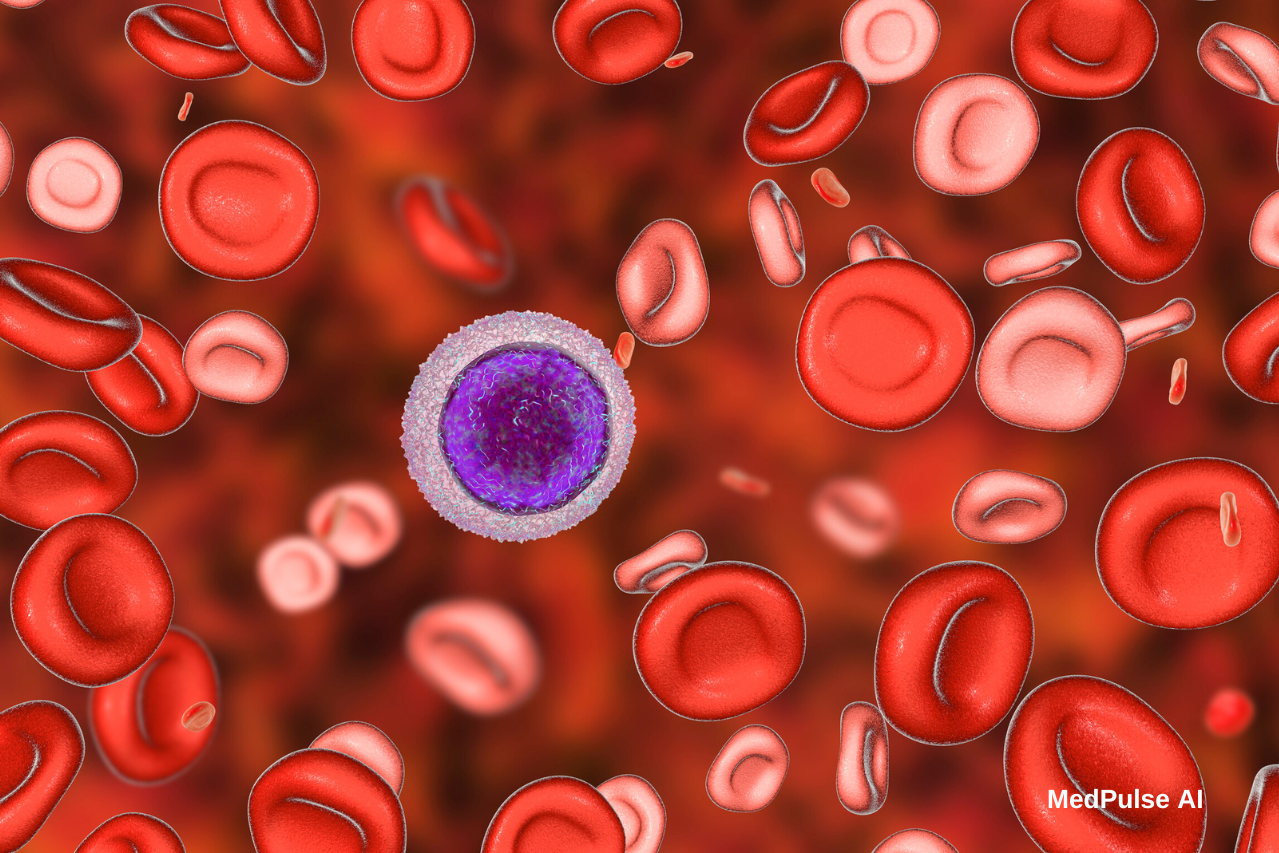The Center for Innovation and Translation of Point-of-Care (POC) Technologies for Equitable Cancer Care (CITEC) recently hosted its inaugural conference at Rice University on November 11–12, 2024. This event brought together global leaders in bioengineering, oncology, and public health to drive innovation in cancer detection and treatment technologies. The focus was on fostering collaboration and unveiling transformative solutions to address cancer care disparities worldwide.
The Urgency of Accessible Cancer Detection
Cancer remains a global health crisis, with new cases projected to increase by over 50% between 2020 and 2040, reaching nearly 30 million annually. Low- and middle-income countries (LMICs) are expected to bear the brunt of this surge due to limited healthcare resources. Early detection could dramatically reduce cancer-related mortality; however, traditional diagnostic tools remain inaccessible or unaffordable for many underserved populations.
Dr. Sharmila Anandasabapathy, a professor at Baylor College of Medicine and co-principal investigator at CITEC, emphasized, “Innovations in point-of-care technologies could revolutionize cancer care, particularly in LMICs where resource constraints prevent effective early detection and treatment.”
CITEC’s Mission: Bridging the Gap in Global Health Equity
CITEC, backed by the National Institutes of Health (NIH) through the Point-of-Care Technology Research Network (POCTRN), focuses on developing low-cost, scalable POC diagnostics for cancers disproportionately affecting underserved populations. Diseases like cervical, breast, gastrointestinal, and oral cancers are top priorities due to their prevalence in resource-limited settings.
Rebecca Richards-Kortum, co-director of CITEC and a leading bioengineering professor at Rice University, explained, “CITEC’s approach centers on identifying clinical gaps, collaborating with technology developers, and ensuring that solutions are both affordable and scalable. Our goal is to bring transformative tools directly to the communities that need them most.”
Spotlight on Breakthrough Innovations
The conference featured keynote speakers and panel discussions that explored advances in POC diagnostics. Key highlights included:
- Community-Driven Diagnostics: Manu Prakash from Stanford University showcased how ultra-low-cost tools, such as foldable microscopes, are democratizing diagnostics in rural settings.
- Artificial Intelligence in Oncology: David Zhang, CEO of Biostate AI, presented predictive AI models designed to optimize treatment responses and disease progression.
- Scaling Diagnostics for LMICs: Kara Palamountain from Northwestern University shared lessons from her work on tuberculosis and HIV diagnostics, which could inform similar efforts in cancer care.
Other promising technologies discussed included microfluidics-based blood assays, low-cost digital pathology tools, and nanoparticle-enhanced detection methods. These innovations have the potential to reduce diagnostic costs while maintaining high accuracy.
Addressing Pathology Gaps
An emerging theme at the conference was the critical shortage of pathology services in many parts of the world. Dr. Cesaltina Lorenzoni, head of Mozambique’s National Cancer Control Program, noted, “Pathology is foundational to cancer diagnosis, yet it remains underdeveloped in numerous countries. We must prioritize investments in this area to reduce diagnostic delays and inequities.”
Global Partnerships for Equitable Solutions
CITEC’s collaborative network spans continents, bringing together institutions such as MD Anderson Cancer Center, Universidade Eduardo Mondlane (Mozambique), and Hospital de Amor (Brazil). These partnerships focus on building capacity and training local healthcare providers to deploy POC technologies effectively.
Beyond Research: Celebrating Culture and Community
Attendees experienced the vibrant Rice University culture through community events, including a dinner featuring Mariachi Luna Llena and a basketball game supporting the Rice Owls. These moments underscored the conference’s spirit of collaboration and community building.
Transforming the Future of Cancer Care
CITEC’s work underscores the importance of equitable access to health innovations. By addressing clinical priorities with cost-effective and scalable solutions, the center aims to close the gap in cancer care access globally.
“Together, we can reshape the global landscape of cancer care,” said Richards-Kortum. “Our shared mission is to ensure that lifesaving technologies reach every corner of the world, leaving no one behind.”




